If you have a spacious yard, with lots of grass, where you can spend your summer, consider yourself fortunate. To make this time even more enjoyable, you should put some work into your outdoor space and aesthetically pleasing. Besides comfy furniture, some unique features and ensuring your privacy, it would help if you also thought about the landscaping. A green lawn will require some work, but we’re here to help with a couple of handy tips.
1. Don’t overfeed the lawn
Feeding the lawn is usually done in spring and fall, so you will not have to fertilize in the summer. If you apply a slow-releasing fertilizer in late spring, that should be enough to keep the lawn fed. However, if you notice that the yard needs a feed, do some research to see the optimal amount of fertilizer for your type of grass.
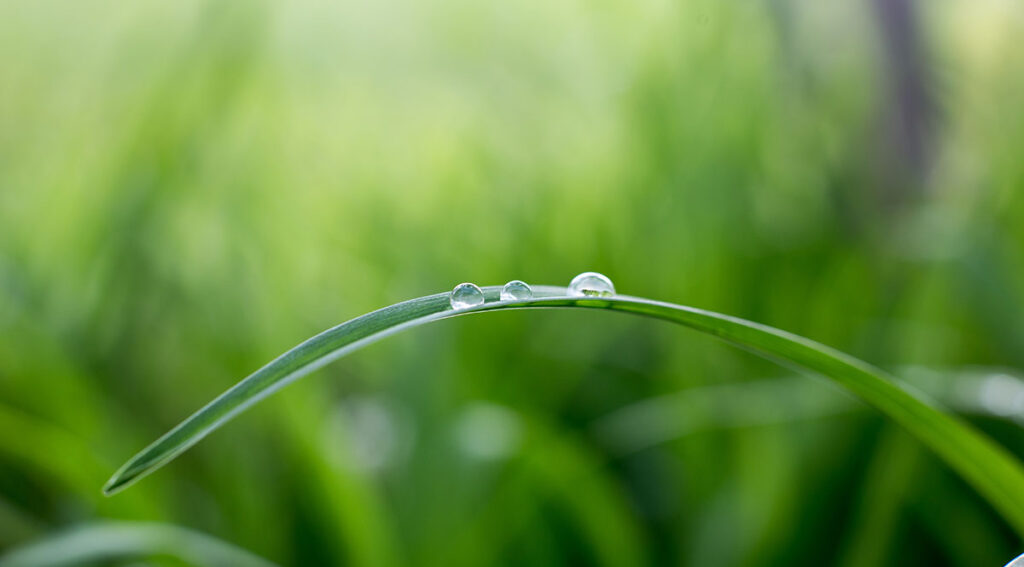
You have to be careful because over-fertilizing can result in a burned yard. Furthermore, avoid applying fertilizer if the weather is too hot, as that will scorch the lawn and turn it brown and patchy. Instead of using fertilizer, you can try the grass-cycle approach. Leave a thin layer of grass clippings on the lawn after you mow it. This will decompose and nourish the soil; remember to remove large clumps of grass.
2. Learn when to water it
The next tip concerns proper watering. A lot of people believe that watering their lawn a little bit every day is beneficial. However, the truth is quite the opposite. Light sprinkles will not reach the roots and allow them to grow correctly. Instead, you should give your lawn a thorough watering every three or four days.
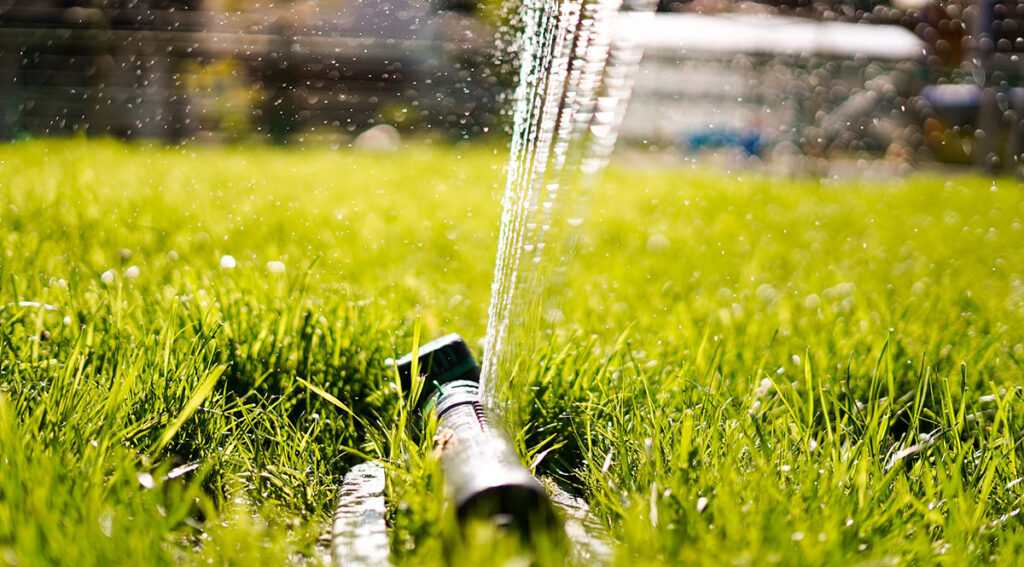
How much water the grass requires depends on its type, but one or two inches a week is recommended. Then, you should also know the right time to water it. It’s best to do this early in the morning, preferably before 10 a.m., as it will allow the water to be absorbed appropriately. Moreover, avoid watering in the evening and at night because grass that is left wet overnight can develop fungal diseases. So, get up early and use your hose reel to water your lawn correctly if you want it to be healthy.
3. Apply best mowing practices
Let’s move on to mowing. There are many things to consider here. For example, you must keep the length of the grass in mind. You should never take more than a third off the top as that will leave the soil exposed and it will need more watering. Set your lawnmower to the highest setting and keep your grass at about 3 inches. This also means that you might have to mow the lawn every few days, but if you want a gorgeous garden, it has to be done.
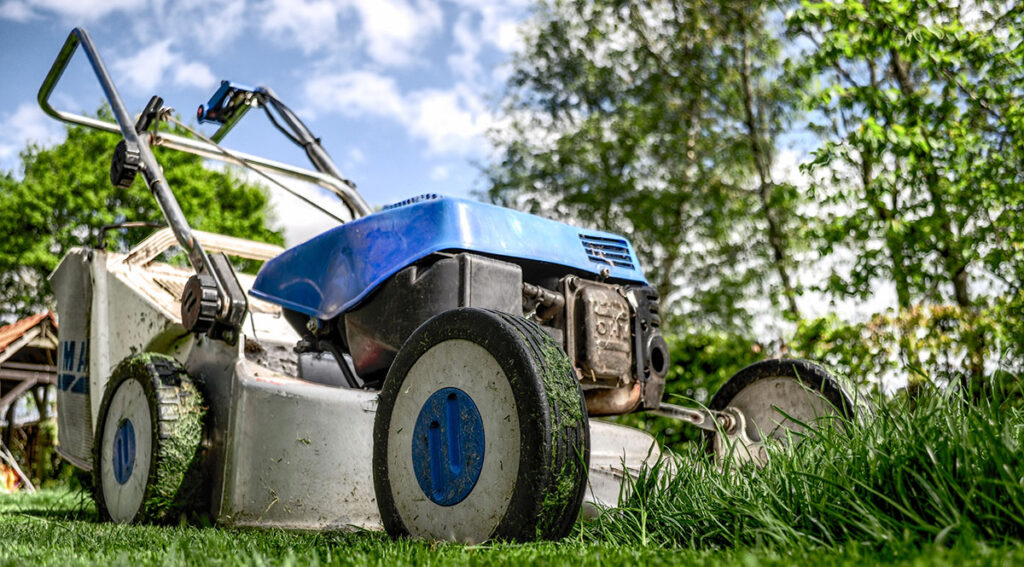
Then, make sure the mower blades are sharp as dull blades will rip and damage the grass. So, sharpen them on your own or take them to a professional. Moreover, remember never to mow grass after you’ve just watered it. Doing this can damage both the grass and your mower. Finally, look into some mowing patterns that you can apply to your lawn. This will prevent wheel tracks on the lawn and stop the grass from growing in one direction, which will later make it much more difficult to mow.
4. Get rid of weeds regularly
Weeds tend to sprout in places where there is no grass, so if your lawn is thick and tight, you will not have this issue. However, if you do notice weeds, you need to take immediate action to prevent them from spreading. There are several things you can do.
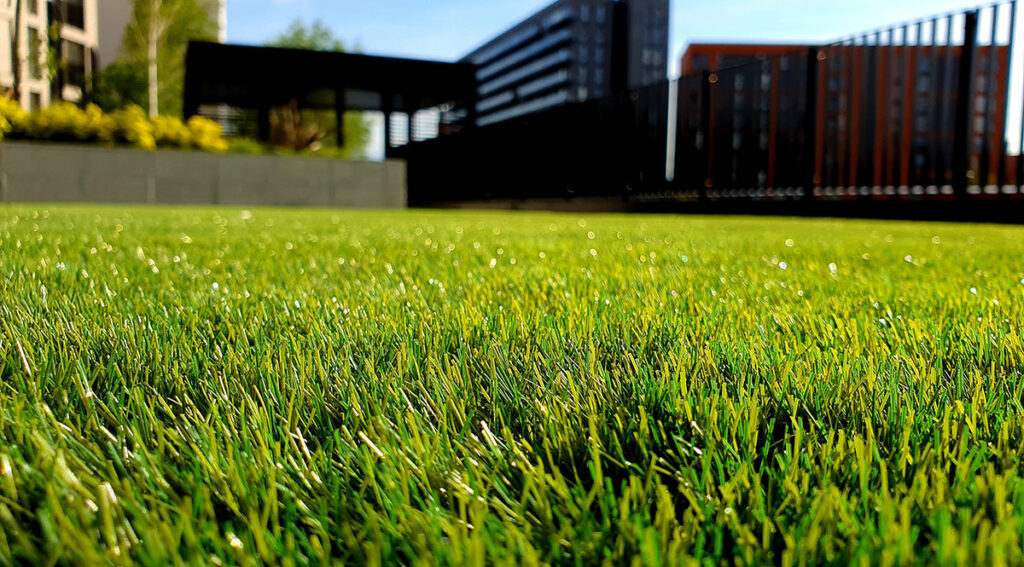
For one, you can apply a post-emergent herbicide and let it deal with the weeds that are bothering you. On the other hand, if some are very persistent, you might have to pull them out manually. Look into tools like hand scythe weeder or a stand-up weed puller to get the job done in no time.
5. Check for pests and disease
Other than weeds, you might encounter some other problems that can severely affect your lawn, so you should regularly check it for pests and disease. For example, if you notice a yellow area on the lawn, keep an eye on it to see whether it’s just due to the weather or if there are pests such as leather jackets and grubs.
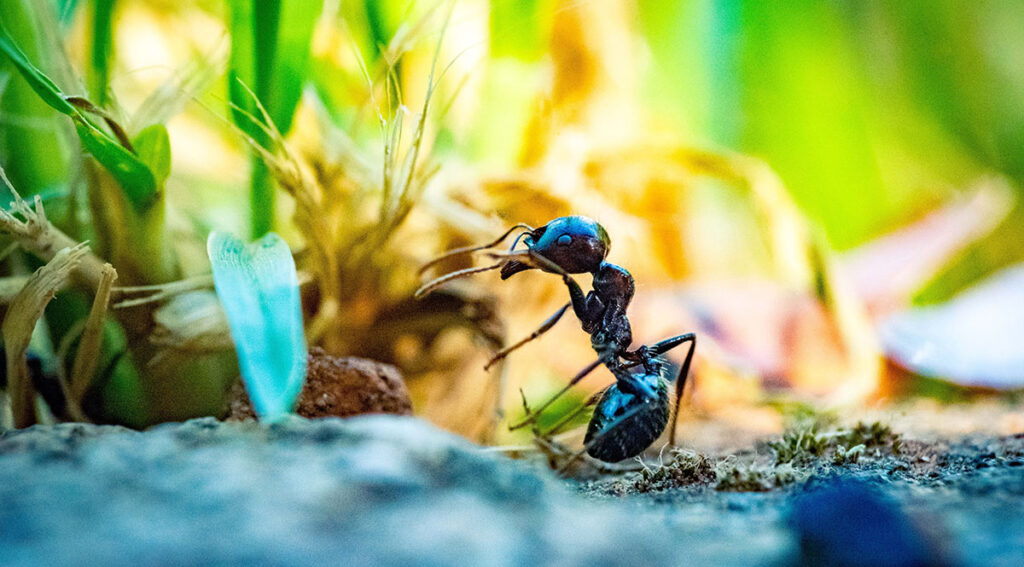
On the other hand, diseases like Red thread can also affect your lawn. If you notice pests or some disease, visit the local garden center and consult the experts to see which products are best for resolving your issue.
These five tips are the basics that you need to know if you want to keep your lawn green this summer. Adopt proper feeding, watering, mowing and weeding practices and your backyard should look amazing.
Patrick Adams
Related posts
1 Comment
Leave a Reply Cancel reply
This site uses Akismet to reduce spam. Learn how your comment data is processed.

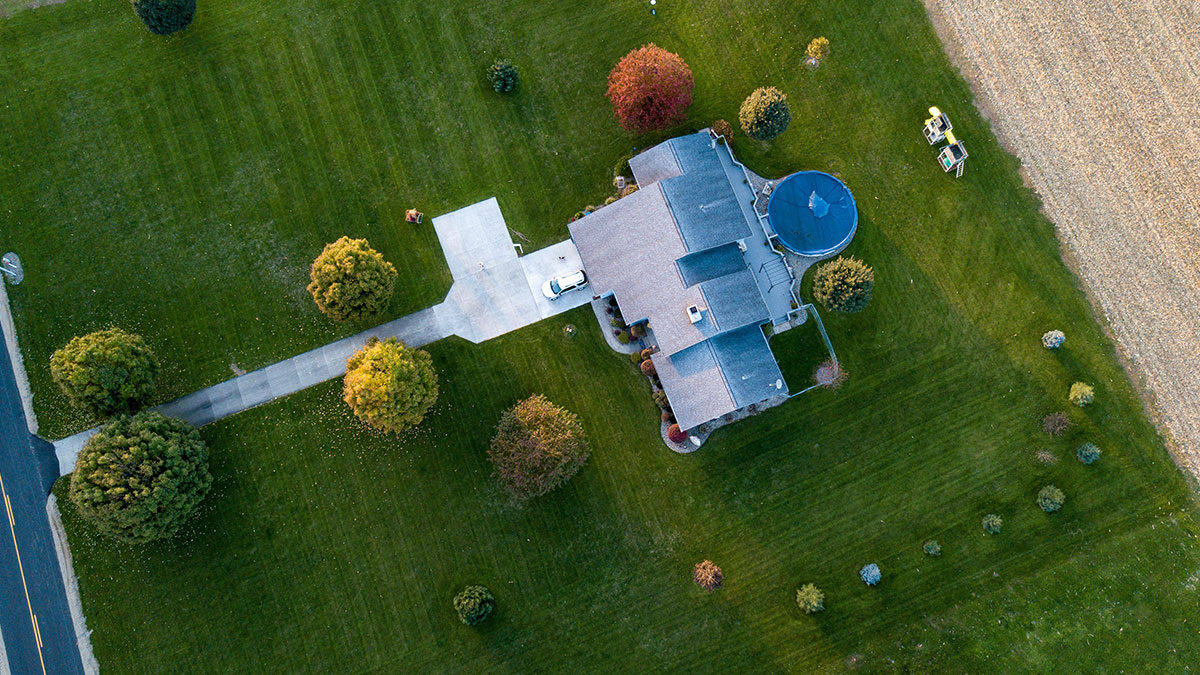
[…] of the simple yet more effective ways to boost your curb appeal before selling the house is taking care of your lawn. Taking care of your yard means regularly cutting the grass, pulling weeds, and taking off the […]